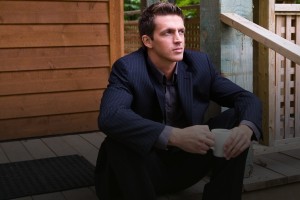
Sometimes this field of study seems like an abstract exercise designed for academics alone. Philosophers are skilled linguists and it’s not long before the language of their published work becomes esoteric and inaccessible to the lay person. There have been historic efforts, for example, to challenge our ability to “know” the truth at all. From Pyrrho of Elis (360BC) to Michel de Montaigne, René Descartes, David Hume, George E. Moore, and Ludwig Wittgenstein, many philosophers have written about epistemological and ontological skepticism (see how quickly the terms become rarefied?) It turns out that many of the abstract and academic exercises of philosophers in this area have, in my opinion, been eclipsed by the work of average, untrained citizens in our country. While philosophers have an academic, cerebral experience that guides their work, many of us, as ‘non-philosophers’, have a practical, real-world experience that teaches us principles of epistemology. Many of us have served on juries.
The criminal courtroom is the one place where principles and concepts related to epistemology are examined, discussed, tested and applied every day. Jurors are required to make a decision and you can’t do that without coming to a conclusion about the truth. You need confidence, epistemological confidence, before you can make a decision about the future of a defendant. Jurors can’t be skeptical about the nature of truth. No one on the jury can have the abstract, academic luxury of claiming, “Truth does not exist,” or “Truth cannot be known.” If either statement was accurate, jurors could never render a verdict. In fact, when we select a jury, we eliminate those candidates who hold such unsustainable philosophical positions. We also take some time, along the way, to help jurors understand important concepts:
The relationship between “possible” and “reasonable”
The role of “abductive reasoning” in deciding what is reasonable
The nature and power of circumstantial evidence
The nature and definition of eyewitness “reliability”
These are concepts we must teach and master in every criminal trial. They are epistemological concepts I describe and examine in Cold Case Christianity. Jurors use these concepts every day, but they’re not the only people who get to test the ideas. If you’re a parent, you’ve probably been employing these principles without even knowing it as you examine the claims of your children! Yes, when it comes right down to it, we are all amateur philosophers, and the courtroom is a practical, accessible epistemological laboratory where these philosophical ideas are clearly communicated, understood and applied every day. If ever there was a time in our culture for Christian Case Makers to examine the activity in courtrooms in order to understand how we come to understand the truth about a past event, now is the time. If you’ve served on a jury, you’re already a good epistemological philosopher and you’ve already got some skills that you can use to make a case for Christianity. If ever there was a time in our culture for Christian Case Makers to examine the activity in courtrooms in order to understand how we come to understand the truth about a past event, now is the time. Click To Tweet

J. Warner Wallace is a Dateline featured Cold-Case Detective, Senior Fellow at the Colson Center for Christian Worldview, Adj. Professor of Christian Apologetics at Talbot School of Theology, Biola University, author of Cold-Case Christianity, God’s Crime Scene, and Forensic Faith, and creator of the Case Makers Academy for kids.
Subscribe to J. Warner’s Daily Email
Save
J. Warner Wallace is a Dateline featured cold-case homicide detective, popular national speaker and best-selling author. He continues to consult on cold-case investigations while serving as a Senior Fellow at the Colson Center for Christian Worldview. He is also an Adj. Professor of Christian Apologetics at Talbot School of Theology, Biola University, and a faculty member at Summit Ministries. He holds a BA in Design (from CSULB), an MA in Architecture (from UCLA), and an MA in Theological Studies (from Gateway Seminary).
































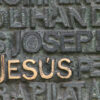


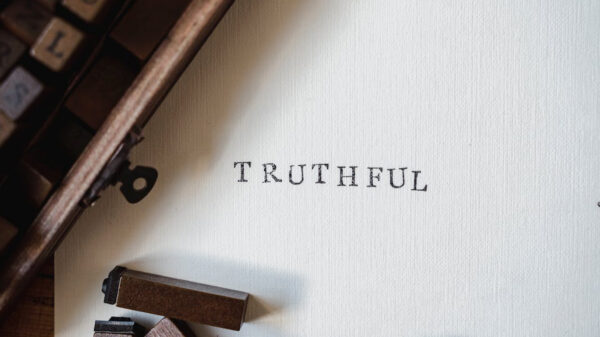
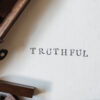
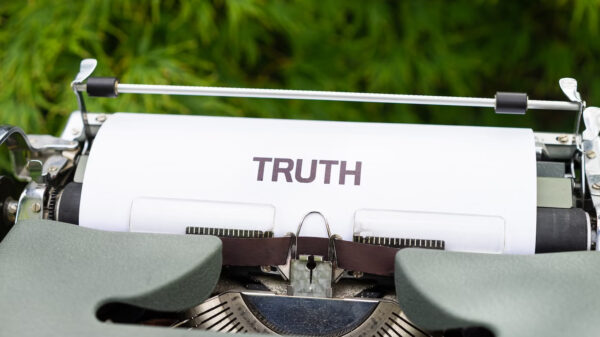

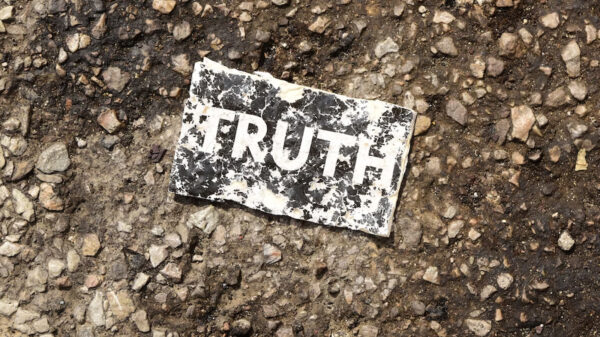
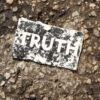

Pingback: If You’ve Served On A Jury, You’re Already A Good Epistemological Philosopher | Cold Case Christianity – Elders Scrolls